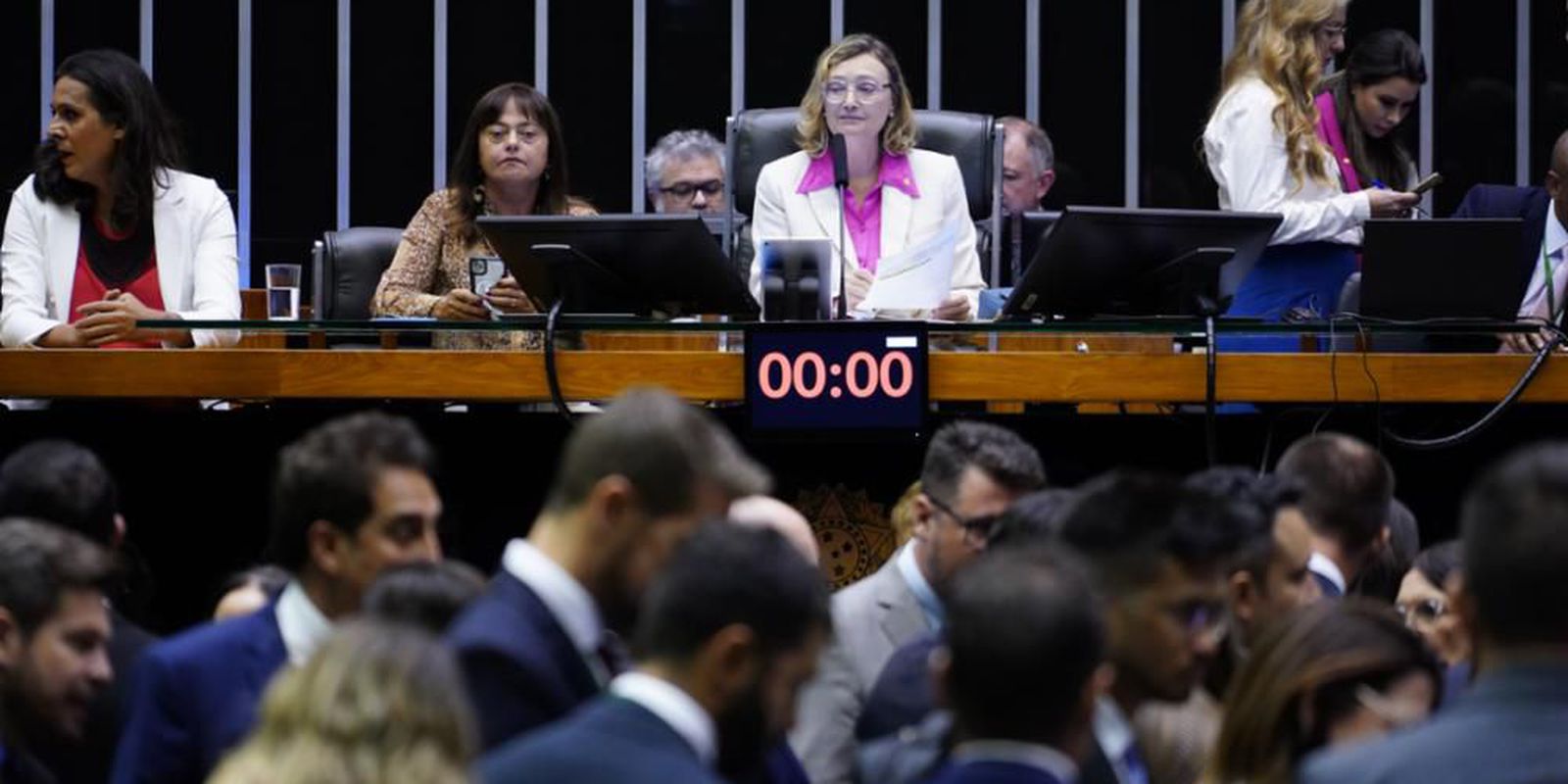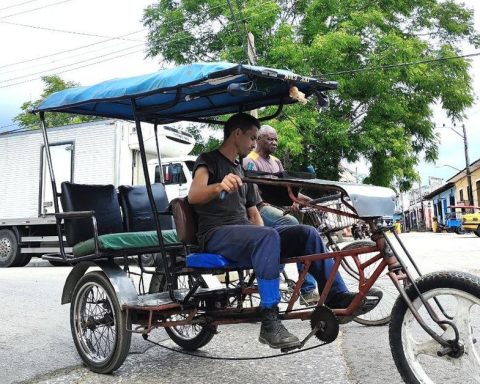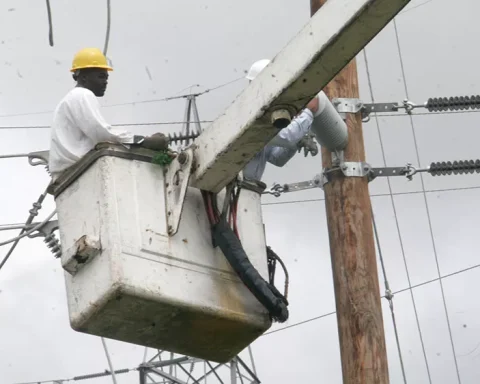In honor of International Women’s Day, the Chamber of Deputies held a formal session this Wednesday morning (08). Several parliamentarians spoke in the plenary of the House to honor other women, list the achievements and, above all, address the challenges to guarantee the various rights of Brazilian women.
The Attorney for Women in the Chamber, Deputy Maria Rosas (Republicanos-SP), highlighted that, in 2022, with only 77 deputies, the women’s bench managed to take 280 projects to the agenda of the House, of which 83 of them became laws. And it was about political representation. “We need to expand incentive campaigns. More women in politics result in the strengthening of democracy itself, providing opportunities for a national debate, richer in interests, opinions and perspectives”.
In her speech, Sâmia Bomfim (Psol-SP) stressed that “March 8, more than a day of celebration, chocolate and flowers, is a day of struggle”. The parliamentarian added that, in the last year, all forms of violence against women have increased in Brazil. Among them, threat, beating, attempted murder, femicide. “Everything got worse for Brazilian women”.
The first indigenous woman elected federal deputy for Minas Gerais, Célia Xacriabá (PSOL) sang, alongside two indigenous women, Ingrid Sateré-Mawé and Kerexu Yxapyry, the song “The future will be ancestral or not”. The parliamentarian defended the so-called ‘headdress bench’ and the standing power of the forest. “Brazil starts with women, it starts with indigenous women. It’s no use coming to this plenary to shout and talk a lot about love for the country without respecting the mother-women. Brazil is born from us. We are here to say that we want to be everywhere.”
Civil society
In the solemn session of the Federal Chamber, civil society representatives also took a position in the plenary. Among them, the director of the Marielle Franco Institute, Lígia Batista. She celebrated the launch of the Day to Combat Political Violence, on March 14, in honor of the murdered councilwoman.
“May this be an opportunity for all institutions, including the legislative houses that make up this Congress, to commit themselves to the effectiveness and structuring of robust bodies and mechanisms to combat political violence based on gender and race”.
















